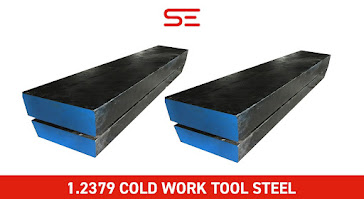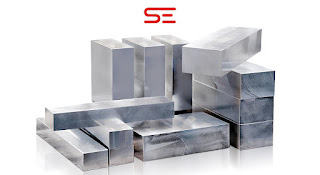What Is a SX105V Cold Work Steel?
.jpeg)
SX105V is a type of cold work tool steel that is specifically engineered for applications requiring high strength, excellent wear resistance, and good toughness at cold working temperatures. Cold work steels like SX105V are used in the production of tools and dies for shaping or forming materials at room temperature or lower temperatures without significant heating. Here are some key features and characteristics of SX105V Cold Work Steel : 1. High Hardness: SX105V exhibits high hardness after heat treatment, making it suitable for applications where tools need to withstand high stresses and maintain sharp cutting edges. 2. Good Toughness: Despite its high hardness, SX105V also possesses good toughness, which helps prevent chipping or cracking during use, especially in demanding cold work applications. 3. Excellent Wear Resistance: SX105V is engineered to have excellent wear resistance, which prolongs tool life and reduces the need for frequent sharpening or replacement. ...





